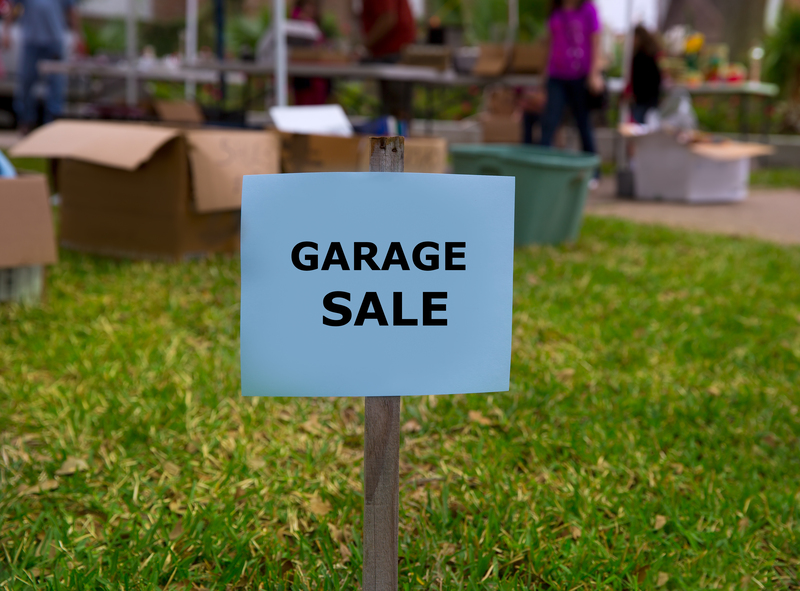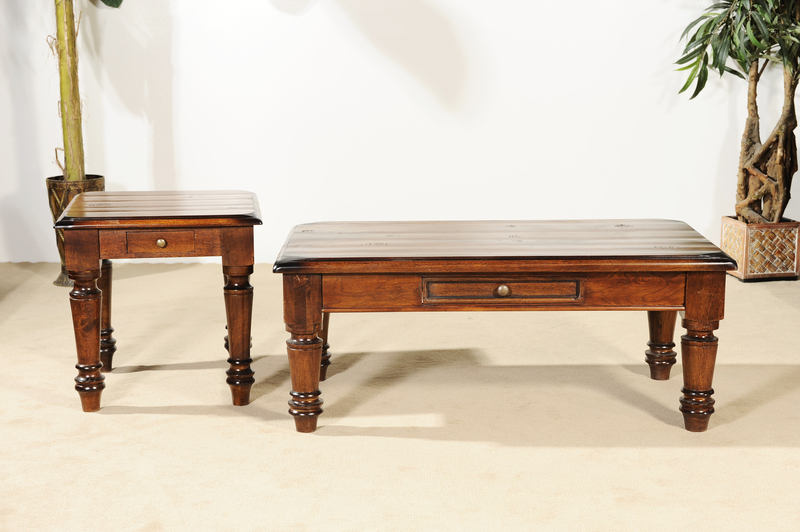Cut Costs When Disposing of Bulky Waste Items with These Practical Tips
Disposing of bulky waste items--such as old furniture, mattresses, appliances, and garden debris--can often be expensive and frustrating. Hiring a skip or arranging special collections could cost more than you'd like. However, with the right knowledge and a little effort, you can minimize your spending significantly. In this guide, we'll share proven methods and practical tips to help you cut costs when dealing with bulky waste disposal quickly, efficiently, and responsibly.
Understanding Bulky Waste: Why Is It So Expensive to Dispose Of?
Bulky waste refers to items that are too large, heavy, or awkward for your regular rubbish or recycling collection. Common examples include worn-out sofas, broken refrigerators, garden branches, carpets, and even old exercise equipment. The cost of bulky waste disposal can mount up due to:
- Transportation challenges: Large items require bigger vehicles and more labor.
- Landfill fees: Disposing at the landfill includes weight-based or per-item charges.
- Local council limits: Many councils restrict frequency and volume for free collections.
- Environmental costs: Unsuitable disposal methods can incur fines or penalties.
However, you can cut bulky waste disposal costs by making informed decisions and exploring alternative options. Below, we share actionable and easy-to-follow tips.

Practical Tips to Reduce Bulky Waste Disposal Costs
1. Plan Ahead and Sort Efficiently
Preparation will save you time and money. Before arranging any collection or disposal, make a list of all bulky waste items you plan to get rid of. Then:
- Group items by type and condition; separate reusable, recyclable, and landfill-only objects.
- Disassemble large furniture for easier transport and cheaper disposal, as smaller parts often cost less to handle.
- Estimate the volume and weight of your waste to choose the most cost-efficient method.
This approach may unlock free or discounted options for certain categories, such as metal recycling or donation.
2. Utilize Local Council Services
Many local authorities offer bulky item collection services--sometimes for free, or at a reduced rate. Here's how to maximize this option:
- Check your council website for eligibility criteria, booking procedures, and upcoming collection days.
- Pair up with neighbors to pool your items; councils often allow multiple items per booking.
- Ensure your items meet the acceptable waste list to avoid extra charges or rejected collections.
For example, some councils permit one free bulky waste pickup annually, covering up to three items--great for large appliances or mattresses.
3. Donate or Sell Unwanted Large Items
Not all bulky waste belongs in a landfill! If your items are in usable condition, consider these options:
- Charity Shops and Nonprofits: Organizations like the British Heart Foundation, Emmaus, or local hospices often collect furniture and electricals for free.
- Online Marketplaces: List for sale or giveaway on platforms like Facebook Marketplace, Gumtree, Freecycle, or Nextdoor.
- Community Groups: Ask friends and neighborhood groups--someone may need what you no longer want.
Donating or selling can save disposal costs and benefits both the environment and your community.
4. Reuse or Repurpose Before Disposal
Get creative with bulky waste items! Repurposing can reduce landfill usage and save you money:
- Upcycle old furniture into garden planters, pet beds, or storage units.
- Use wood or metal parts for DIY home improvement projects.
- Transform an old mattress into upholstery materials or insulation for sheds.
Even a little creativity can keep items useful and shrink your bulky waste pile.
5. Break Down and Separate Materials
Disassembling large items can lower your disposal costs. Many collection and recycling services charge by size and volume--so:
- Remove cushions, legs, and shelves from sofas and wardrobes.
- Separate metal, wood, and fabric for recycling at local centers.
- Bundle small pieces for regular waste if allowed.
Make sure to follow any guidelines from your local recycling site regarding mixed materials.
6. Take Advantage of Local Recycling Centers
Many communities offer free or low-cost disposal of bulky waste at council-run Household Waste Recycling Centres (HWRCs). Tips to make the best use of these facilities:
- Check your council's website for location, accepted items, and opening times.
- Sort waste beforehand, as recyclables (e.g., metal, electronics, wood) are often accepted for free.
- Some sites offer assistance for unloading if you have a disability or are over a certain age.
- Book a free slot online to avoid queues.
Using a HWRC can dramatically cut costs on disposing of furniture, appliances, and bulkier garden waste.
7. Share or Split Skip Hire Costs
Hiring a skip can be expensive, but it's sometimes the best way for large-scale clear-outs. Reduce the price by:
- Pooling with neighbors for a shared skip.
- Filling the skip efficiently--disassemble large items to maximize available space.
- Comparing prices and choosing the smallest skip that suits your needs.
Consider a "man with a van" clearance service as a flexible, sometimes cheaper, alternative--especially if you only have a few items.
8. Look For Bulky Waste Collection Deals and Community Services
Sometimes, the cheapest option is to explore community resources:
- Local volunteer groups or charities sometimes offer free bulky waste removal for vulnerable residents.
- Check social media or council newsletters for special collection days or seasonal discounts.
- Some larger supermarkets host appliance recycling days--perfect for old white goods.
Important Tips to Save Money and Avoid Fines
Check for Illegal Dumping Penalties
Never resort to fly-tipping or illegal dumping--it can lead to significant fines and environmental harm. Always use a registered waste carrier and obtain a waste transfer note if arranging for a private collection.
Understand What Your Council Will & Won't Take
Local authorities have strict rules on what is accepted through household, roadside, and recycling center collections. Review their published list of allowable bulky items, as hazardous waste, liquids, or certain electronics may require specialist disposal--and cost more.
Always Confirm Prices Before Booking
Whether using a skip hire company, 'man with a van,' or private clearance, always request a written quote upfront. Ask about additional charges for items such as mattresses, fridge-freezers, or excessive weight--these are often subject to surcharges.
Eco-Friendly Ways to Dispose of Bulky Items While Saving Money
Reducing landfill is not just about saving costs on bulky waste disposal, but it's also crucial for the planet. Here are some environmentally conscious tips:
- Contact your council's recycling program: They may accept more items than you think for free.
- Use dedicated electronic and white goods recycling schemes for items like TVs or fridges--these are typically free or low cost.
- Host a swap or giveaway event: Let friends, family, or neighbors take what they need at zero cost.
- Support circular economy projects: Some companies upcycle old beds, seating, or wardrobes--sometimes paying you for materials.

FAQs: Affordable Bulky Waste Disposal
What is the cheapest way to get rid of bulky waste?
If your item is still usable, giving it away or donating is best. For genuine waste, check council collection services or recycling centers, which often undercut private removal firms.
Are there any free bulky waste removal options?
Many councils offer taxpayer-subsidized or occasional free collections. Some charities will also collect working appliances or furniture for free. Always confirm eligibility and availability in your area.
Can I put bulky items out with my regular rubbish?
Usually not--most councils ban bulky waste from normal household bins. Instead, arrange a special collection or visit a recycling center.
Is it expensive to hire a skip?
Skip prices depend on size and location. Sharing a skip with neighbors or booking during off-peak times can reduce the fee. Always compare quotes for the best deal.
Conclusion: Save Money, Time, and the Planet!
Disposing of bulky waste doesn't have to break the bank. With a bit of planning and the cost-saving strategies outlined above, you can cut waste disposal costs--while keeping your home clutter-free and the environment safe.
- Start by pre-sorting and preparing items
- Explore local authority services and community recycling options
- Donate, upcycle, or sell wherever possible
- Choose responsible, affordable transport and disposal methods
By following these practical tips for cost-efficient bulky waste removal, you'll save both money and time, plus potentially help those in your area or support essential charities--all while protecting the environment. Consider making your approach to bulky waste green, smart, and budget-friendly!
